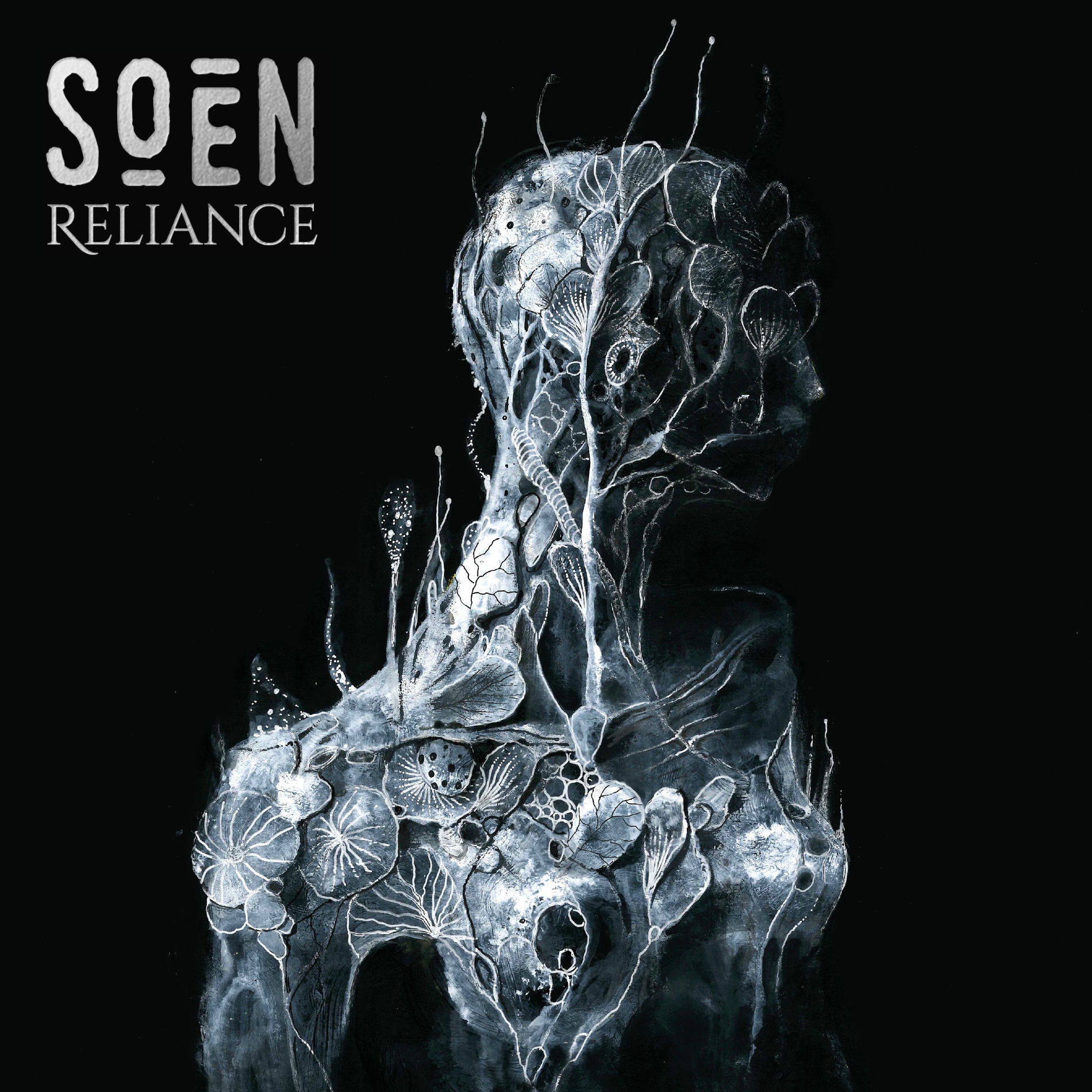Spanish singer, Enrique Bunbury, releases his new album, “Cuentas Pendientes”, where he explores Hispanic and Latin American music.

Bunbury explains it this way: “In this new album, there’s a look back at folklore and traditional rhythms in our shared language. With the Spanish guitar, piano, double bass, and percussion as the protagonists of the sound and production.” He adds, furthermore, that the album was recorded with the participation of various Latin American musicians.
Bunbury had previously explored Latin music once before, over a decade ago, with the album “Licenciado Cantinas”, but the differences between that album and “Cuentas Pendientes” are considerable.
First and foremost, the songs on “Licenciado Cantinas” were original arrangements of other artists’ works, whereas in “Cuentas Pendientes,” all the songs, except for “La Hiedra”, are original compositions.
Additionally, in “Licenciado Cantinas,” Bunbury explored a more Caribbean Latin sound, with lively and upbeat music, strong cumbias, rancheras, and even salsa. In “Cuentas Pendientes,” there’s still some cumbia, but it’s more subdued, surrounded by songs with the sound of tango, bolero, and even bossa nova.

In “Cuentas Pendientes,” the acoustic guitar is the main instrument, followed by the piano, over a rhythmic foundation of drums, Latin percussion, and a prominent, relatively lively double bass. The bassist who participated in the recording is an expert in Latin jazz, and it shows.
I must add that I’m a fan of the double bass in all its general uses, but let’s admit it’s not as precise an instrument as an electric bass. In Latin jazz ensembles, or even a more restrained one like the one in “Cuentas Pendientes,” it can contribute to a slightly chaotic feel, as if rhythmically not everything is perfectly synchronized. I think that’s part of the charm.
In fact, I get the impression that Bunbury was more interested in capturing the feeling of the musicians playing together than in achieving perfect studio takes. In this sense, it’s not a modern album polished with digital production techniques, but quite the opposite: highly organic.
All in all, the songs on “Cuentas Pendientes” are very faithful and respectful to their style and tradition. Bunbury said this about the album’s performers: “the chosen musicians are deeply knowledgeable about the language being handled, sensitive and enlightened interpreters.” Something very noticeable.
Moving on to the song lyrics, I must add that they consistently convey a sense of pessimism, with a certain resignation to pain.
Some examples:
“Saliendo del arrabal”:
Todas las horas hieren,
es la última la que mata.
“Las chingadas ganas de llorar”:
Resistimos mientras
todo alrededor
se derrumba y aguantamos
las chingadas ganas de llorar…
And it concludes powerfully in “Te puedes a todo acostumbrar”:
Las penas de la vida
son inmensas,
y cada uno tiene su opinión.
¿Qué podría yo añadir
a tanta confusión?
Te puedes a todo acostumbrar,
incluso a lo peor.
It also opens the door to possibilities of change that will arise from problems and painful situations in the opening track “Para llegar hasta aquí”:
Cuando todo se derrumba,
algo nuevo crece en ti.
I connect with those lyrics. It’s a Bunbury in touch with the human essence. Pain, an inevitable element in the experience of all human beings.
All in all, I think it’s an album I can appreciate, even if it’s not the kind of music I usually listen to. This ability to appreciate it has come hand in hand with my own musical openness developed over time. Probably in my teenage years, right when Bunbury began his solo career with “Radical Sonora” (a completely electronic album, no less), I wouldn’t have been as receptive to “Cuentas Pendientes.”
But well, at this point, after 13 solo albums, we’re used to the Aragonese artist suddenly jumping from one style to another.
Bunbury leaves us with this final thought about his album: “I hope my personality as a songwriter and performer shines through enough so that, even though it’s an album with a Hispanic and Latin vocation, it is, clearly, a Bunbury album.”
Without a doubt, beyond the unmistakable lead vocals and the strange, elaborate lyrics, there’s an unsettling feeling in all the songs. It’s as if, when listening to them, we recognize the genre, but there’s something odd there, alongside a darkness that can only come from Enrique.
As a final note, Bunbury delights us with a great surprise: El Huracán Ambulante, the band that accompanied the singer during his early solo years, recording great albums like “Pequeño”, “Flamingos”, and the double album “El Viaje a Ninguna Parte”, will join him on the “Cuentas Pendientes” tour across various cities in Latin America, the U.S., and Spain. In addition to presenting the new material, they’ll revisit songs from that era. For die-hard fans of those Bunbury albums, it’s an event not to be missed.






